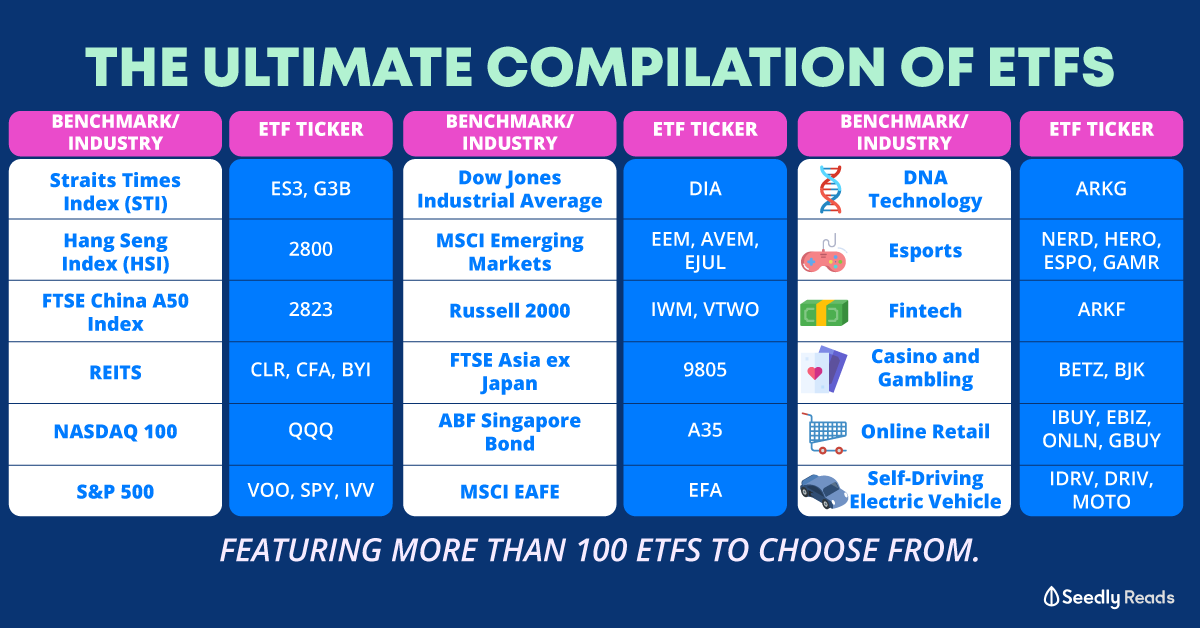Advertisement
Anonymous
Which is a better choice for monthly DCA (~$300) into Ireland-Domiciled funds? SAXO or IBKR?
Want to DCA into Ireland-domiciled funds but not sure if I should go with SAXO or IBKR?
4
Discussion (4)
Learn how to style your text
Nicholas Beh
07 Oct 2020
Student Ambassador 2020/21 at Seedly
Reply
Save
Maisul
07 Oct 2020
Youtuber at Google (Channel : Say Do Invest)
It all boils down to user platform and fees for the broker.
IF you are more particular on the brokerage platform, I would suggest you use saxo , it has been pretty good for me so far!
And i did an in depth video tutorial on how to use it as well!
Not sure on the ireland fund, need to do more research on it. Too many funds out there.
Reply
Save
Write your thoughts
Related Articles
Related Posts
Related Products

Interactive Brokers
4.0
39 Reviews
$0
MINIMUM FEE
Market Spread
TRADING FEES
Custodian
STOCK HOLDING TYPE

Moomoo Singapore
4.7
487 Reviews

Saxo Markets
4.5
961 Reviews
Related Posts
Advertisement









For a monthly DCA of $300, both Saxo and IBKR will be expensive options. Saxo has expensive commissions (min 8 GBP), high currency conversion charges (0.75%), and custody fee (0.12% p.a.). IBKR charges a minimum monthly commission of 10 USD.
Additionally, Irish-domiciled ETFs have to be bought in whole, unlike US stocks where some brokers offer fractional shares. This can be difficult if you want to invest into certain ETFs, such as CSPX which costs over 300 USD.
You may want to consider using a different broker such as Standard Chartered, and investing in less regular intervals (every 2/3/4 months) in order to save on commissions. Standard Chartered loses out on commissions (min 10 USD) and foreign exchange (0.3-0.7% spread) to IBKR but does not charge any custody or minimum monthly fees, which is good if you are going to invest in less frequent intervals.
Alternatively, you can explore directly investing into the US markets through other brokers or roboadvisors which may be able to offer you a bit more flexibility. The higher withholding tax rate and potential estate tax liability may not be such important considerations now since your investment amount is relatively low. You can switch to investing into Irish-domiciled funds in the future when your investment amount and frequency increases.